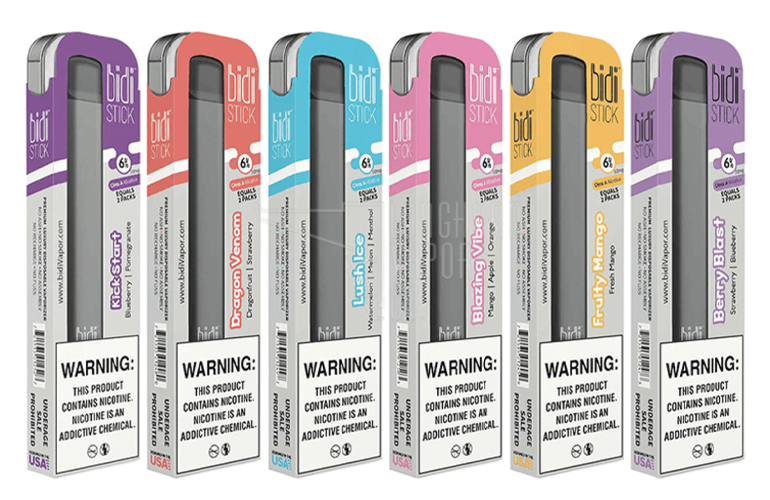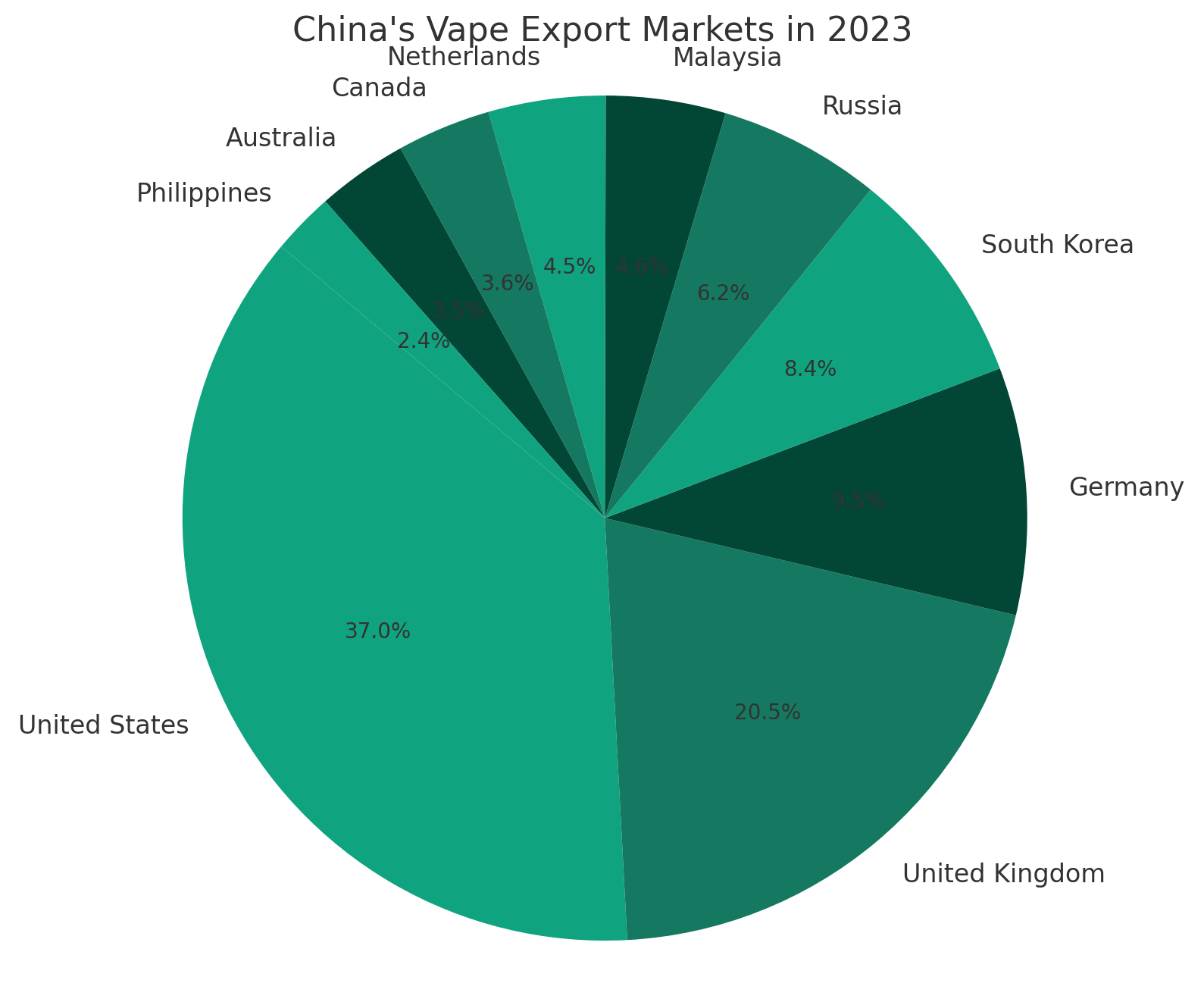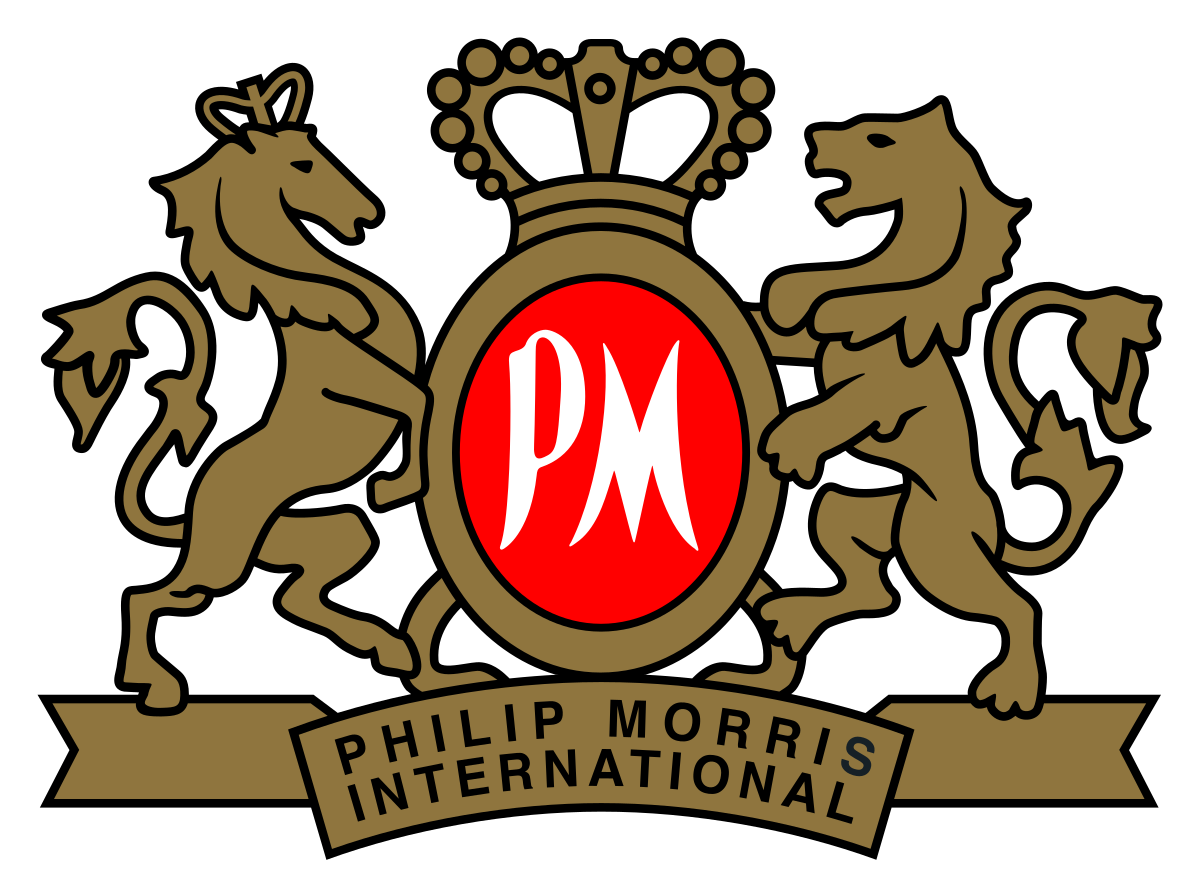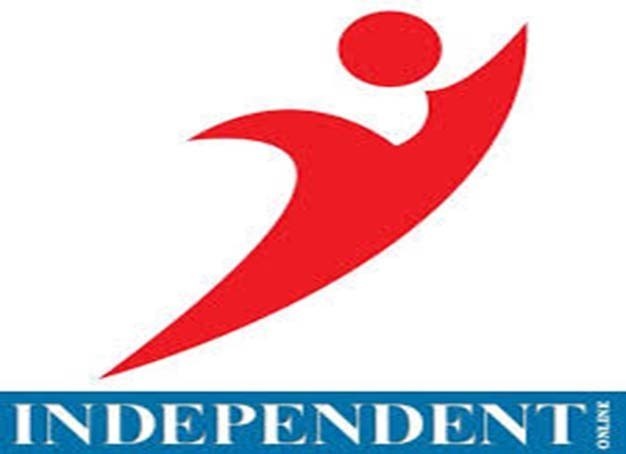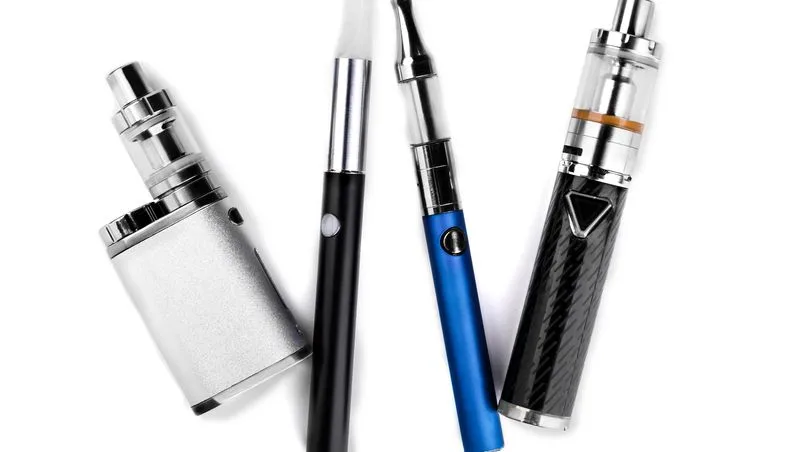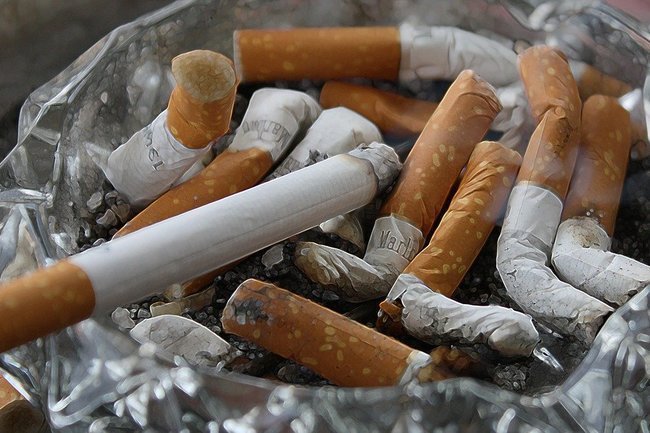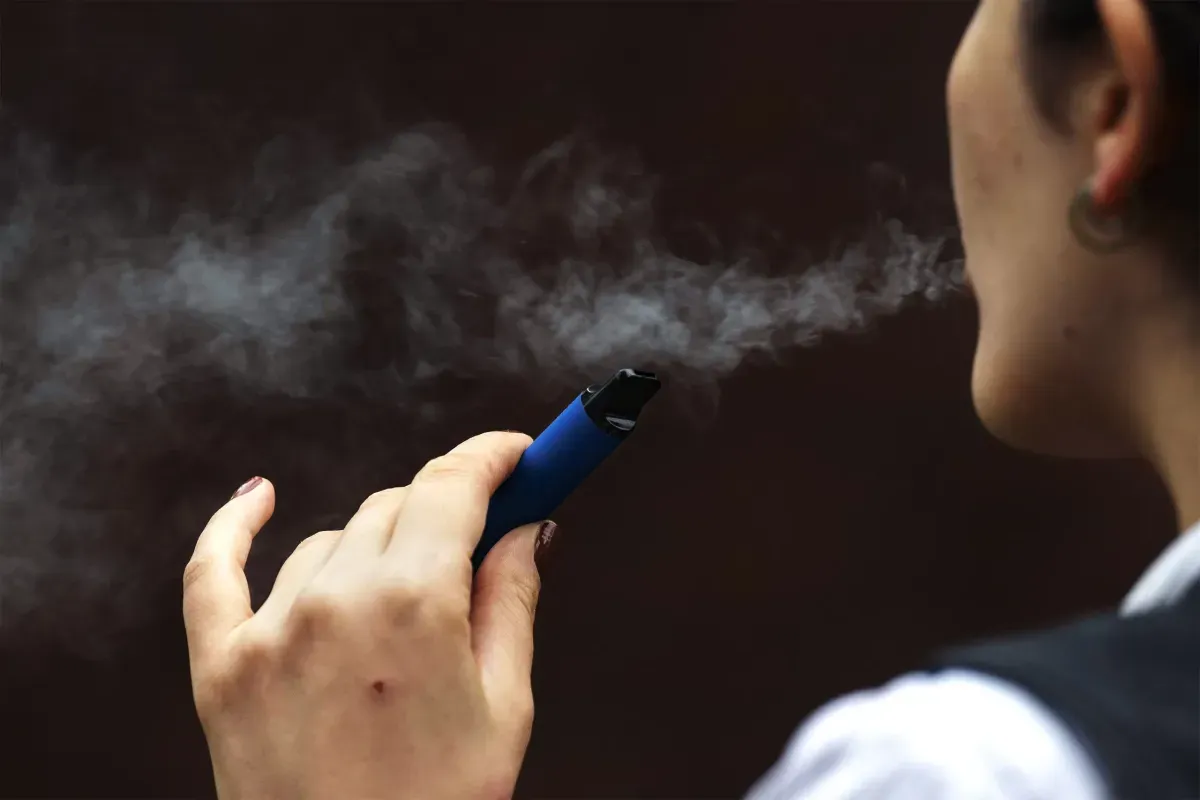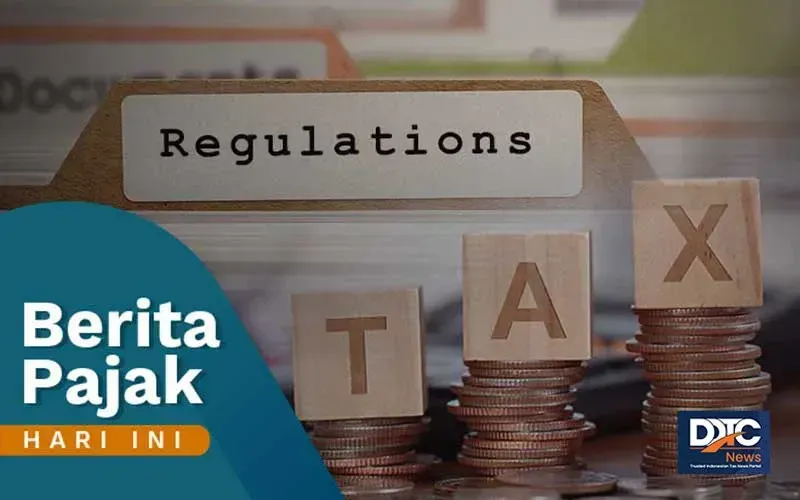According to an expose by Indian media outlet Mid-day on January 2, two lawyers in Mumbai have filed a lawsuit against the Indian government for its alleged failure to regulate the accessibility of drugs and tobacco, as well as the increasing addiction among young people. The legal notice emphasizes the adverse effects and health hazards of tobacco and highlights the government’s inability to control its illegal sale.
Lawyers Abid Abbas Sayyed and Saif Alam have issued legal notices to the Chief Minister of Maharashtra, Health Minister, Mumbai Police Commissioner, and the Indian FDA.
The notice emphasizes the adverse effects, health hazards, and addictive nature associated with tobacco and highlights the failure to control its illegal sales. Lawyers have urged the government to pay attention to the sale of smuggled cigarettes from abroad and the supply of banned Gutkha (a type of Indian tobacco product).
According to survey data, India has approximately 275 million tobacco users, with 35% of the population being 15 years old or older. Of particular concern is the increasing use of tobacco in developing countries, which has contributed significantly to the burden of tobacco-related diseases and premature deaths. The rapid increase in tobacco use among children, adults, and other vulnerable groups in society has raised significant concerns in terms of public health at both local and national levels.
Saiyifu stated that the 1975 Cigarettes (Production, Supply and Distribution Regulation) Act mandated the inclusion of statutory health warnings on all cigarette packaging and advertisements. However, the 1975 Cigarettes Act was found to be flawed due to its limited scope and weak provisions. Subsequently, the Cigarettes and Other Tobacco Products Act of 2003 (Prohibition of Advertisement and Regulation of Trade and Commerce, Production, Supply and Distribution) (COTPA) was introduced.
Saif said that COTPA is the primary law in India for tobacco control management, providing a more comprehensive approach covering all tobacco products, including cigarettes.
The purpose of this law is to safeguard and enhance public health by adopting evidence-based strategies to reduce tobacco consumption. This legislation was approved by India on February 5, 2004, prior to the World Health Organization (WHO) Tobacco Control Framework Convention.
In a major move by the government of Maharashtra, as part of the anti-tobacco campaign, the production, sale, and distribution of gutka and tobacco have been prohibited. These items fall under the purview of the Food Safety and Standards Act (FSSA) of 2006.
Aram stated that the ban was implemented in July 2012 and the decision was upheld by the Mumbai High Court, receiving further support and extending the ban in Maharashtra until July 2014.
Two individuals quoted the 2016-17 Global Adult Tobacco Survey in their notification, emphasizing that a quarter of adolescents in Maharashtra state consume tobacco. Advocate Aram stated, “According to data from the Health and Services Department, from 2016 to March 2022, hospitals and centers in Maharashtra have registered approximately one million patients with a history of tobacco consumption.
Alam and Sayeed have requested the police to develop an appropriate action plan through a legal notice and have called on the state government to establish new legislation.


